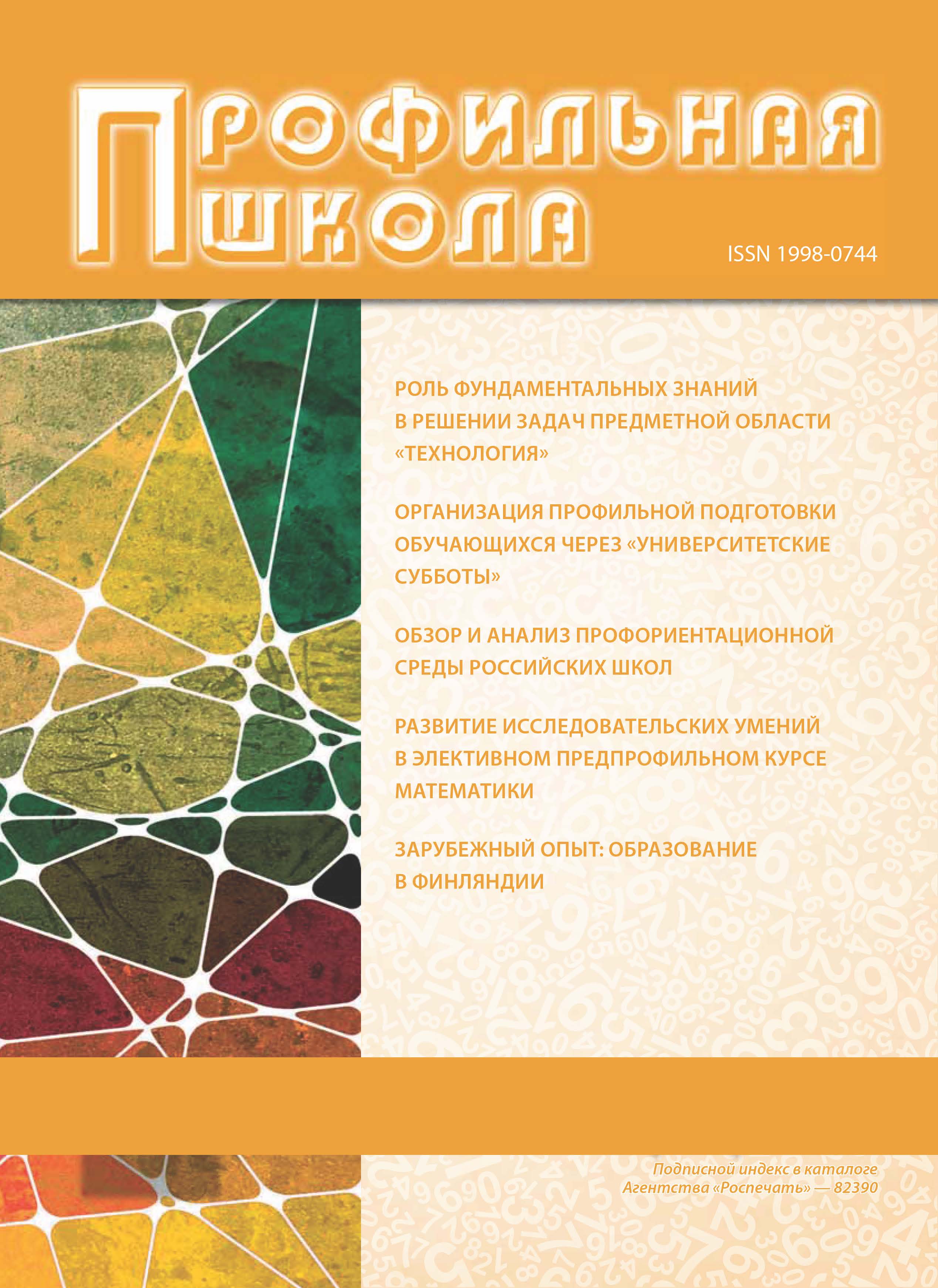Moskva, Moscow, Russian Federation
The article describes the results of a sociological study, carried out in one of the territorial entity of the RF. The comparative analysis of the responses to the questionnaire is given regarding the personal qualities of directors, the knowledge and skills needed to perform their professional duties, and avoid preferred management style, professional competencies, typical diffi culties and forms of training. The characteristic features of an eff ective director are revealed: diplomatic skills; the ability to apply the work style of the team; the capacity for strategic planning; analytic skills; interest in achieving high performance. It was found that a successful director has a broad and deep vision of the entire problem fi eld related to his activities. The article off ers the most eff ective forms of training directors.
sociological research, descriptive model of the school principal, the school director style of work, professional development, key skills headmaster, typical problems of management, professional competence
Исследование, часть которого описана в этой статье, было проведено в одном из регионов Дальневосточного федерального округа России. Оно было достаточно масштабным и охватывало различные аспекты функционирования системы общего, дополнительного образования и среднего профессионального образования в регионе. В рамках статьи обсуждаются результаты одного частного, но очень значимого направления исследования, связанного с построением модели эффективного директора, способного создать школу, обеспечивающую высокое качество обучения, поддерживать ее функционирование и искать пути развития. «Реальная практика показывает, что от директора зависит абсолютно все. Он может воскресить организацию из пепла, построить эффективную школу буквально на пустом месте и он же может привести ее к стагнации» [4, с. 46].
1. Azarova R.N., Zolotareva N.M. Razrabotka pasporta kompetentsii: Metodicheskie rekomendatsii dlya organizatorov proektnykh rabot i professorsko-prepodavatel’skikh kollektivov vuzov [Developing competence passports: Guidelines for the design work of the organizers and faculty teams of universities]. Issledovatel’skiy tsentr problem kachestva podgotovki spetsialistov, Koordinatsionnyy sovet uchebnometodicheskikh ob”edineniy i nauchno-metodicheskikh sovetov vysshey shkoly [Research center of problems of quality of training, the Coordinating Council of educational associations, scientific and methodical councils of high school]. Moscow, 2010. 52 p.
2. Barber M., Murshed M. Kak dobit’sya stabil’no vysokogo kachestva obucheniya v shkolakh. Uroki analiza luchshikh sistem shkol’nogo obrazovaniya mira [How to achieve consistently high quality of teaching in schools. Lessons from the analysis of the best school systems of the world]. Voprosy obrazovaniya [Education Matters]. 2008, I. 3, pp. 7-60. EDN: https://elibrary.ru/JWTABD
3. Sinitsyna E.S., Yamshchikov S.V. Professional’no-znachimye kompetentsii rukovoditelya obshcheobrazovatel’nogo uchrezhdeniya [Professionally-relevant competence of heads of educational institutions]. Sotsiosfera [Sociosphere]. Available at: http://sociosphera.com/publication/conference/2012/155/professionalnoznachimye_kompetencii_rukovoditelya_obweobrazovatelnogo_uchrezhdeniya/ (accessed 25 May 2016).
4. Ushakov K.M . Upravlenie shkoloy: krizis v period reform [School management: the crisis in the reform period]. Moscow, September, 2011, 176 p., p. 46. EDN: https://elibrary.ru/TZILBF






